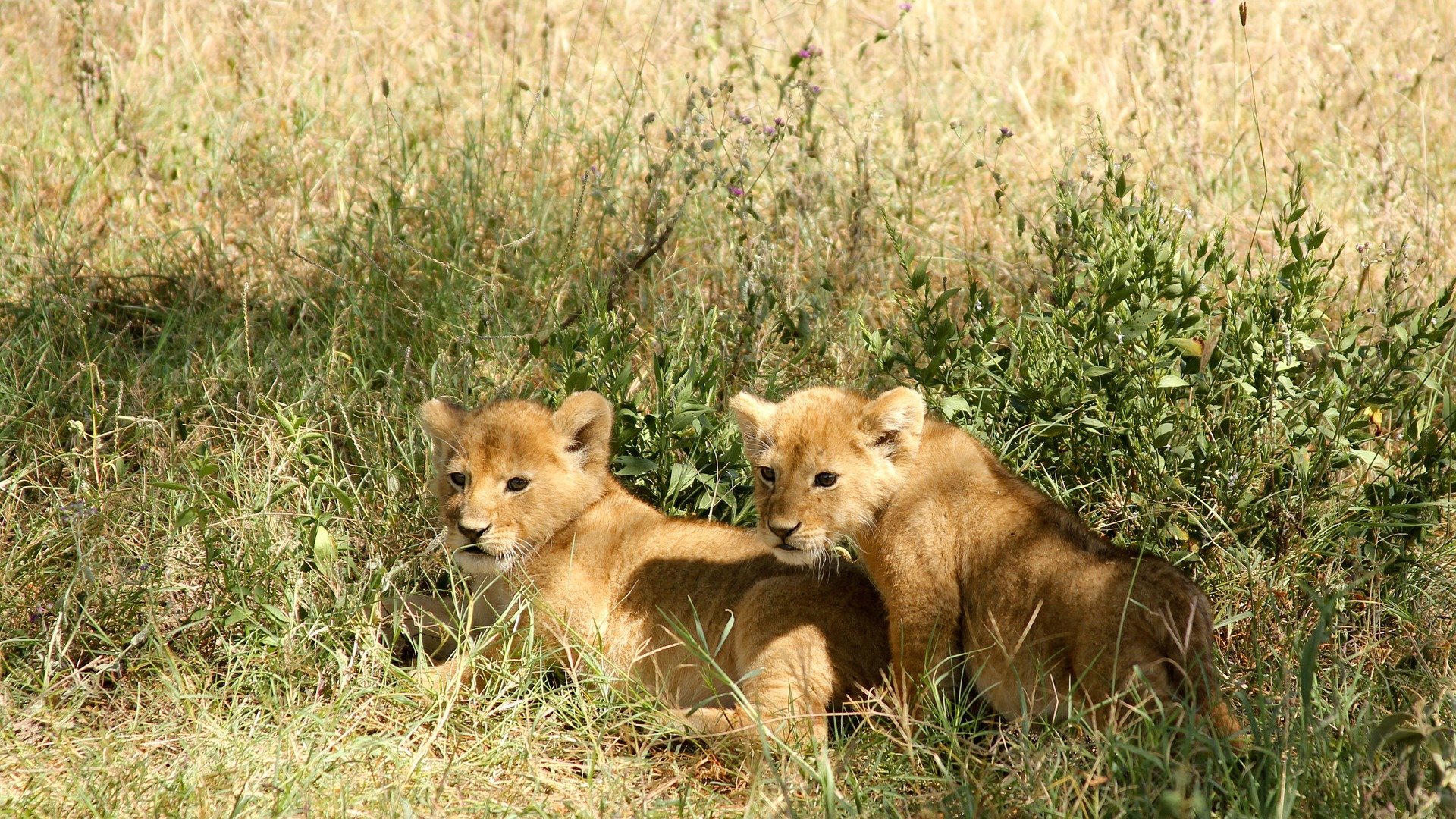South African wildlife can be considered one of our major tourist attractions. We have amazing national wildlife parks, such as the world famous Kruger National Park. We also have a plethora of smaller wildlife attractions including Lion Parks.
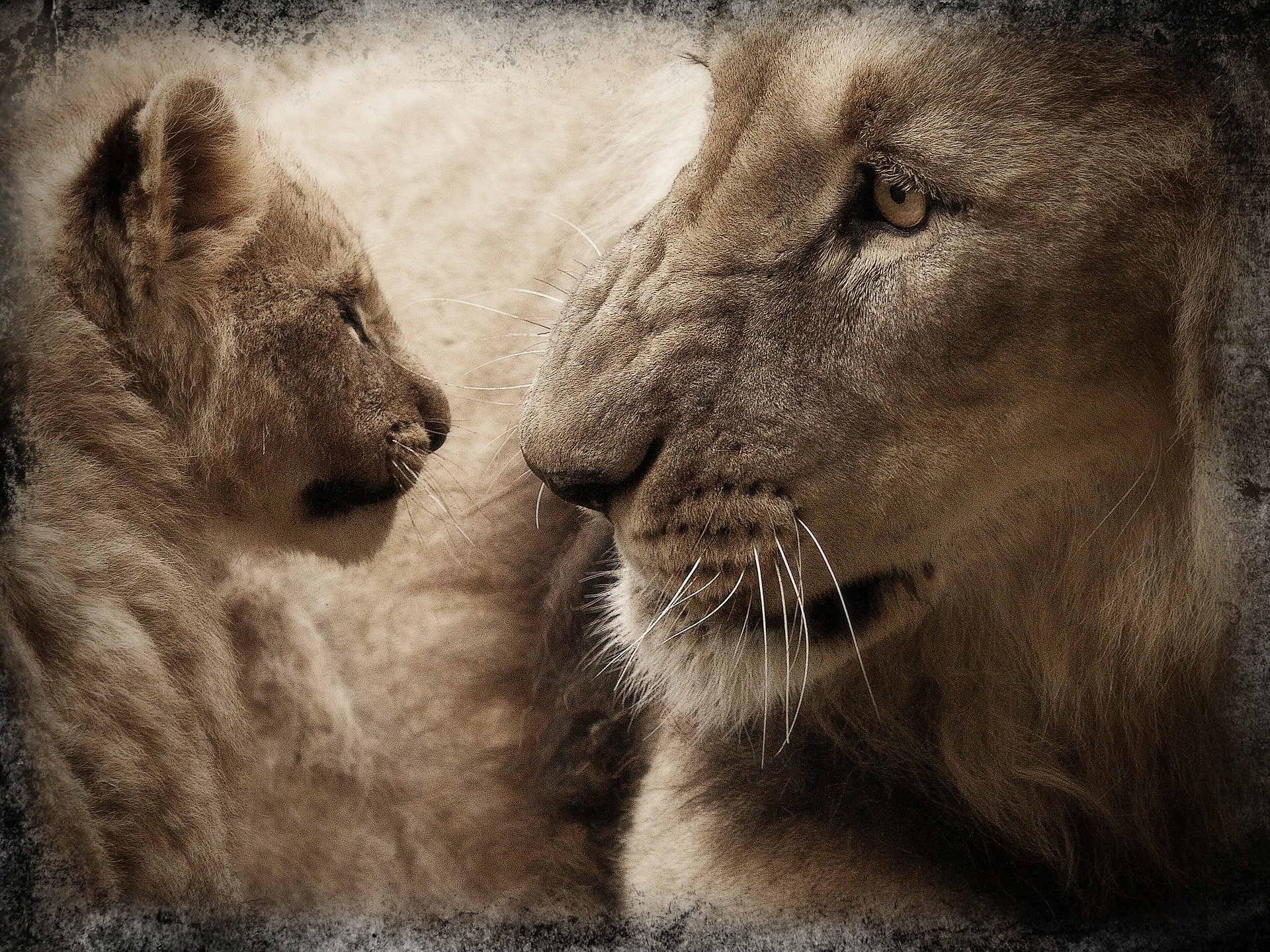
There is a a popular lion park that is only an hour and a half's car journey from where I stay. Many locals have visited this game ranch, often specifically for the reason to allow their children to pet the oh so cute lion cubs. Despite media attention since the *late 1990's, particularly from our popular local investigative program, Carte Blanche, many people remain unaware of the deeply dark aspect of these lion parks. Those adorable little lion cubs are being bred to be slaughtered in a particularly callous type of hunting, called canned hunting.
Hunters from overseas, particularly North America and Europe pay significant amounts ($10 000 - $35 000) for the opportunity to "hunt" a lion in a confined area. Those adorable cubs that the children were petting and posing with for photos were actually separated from their mother at birth.
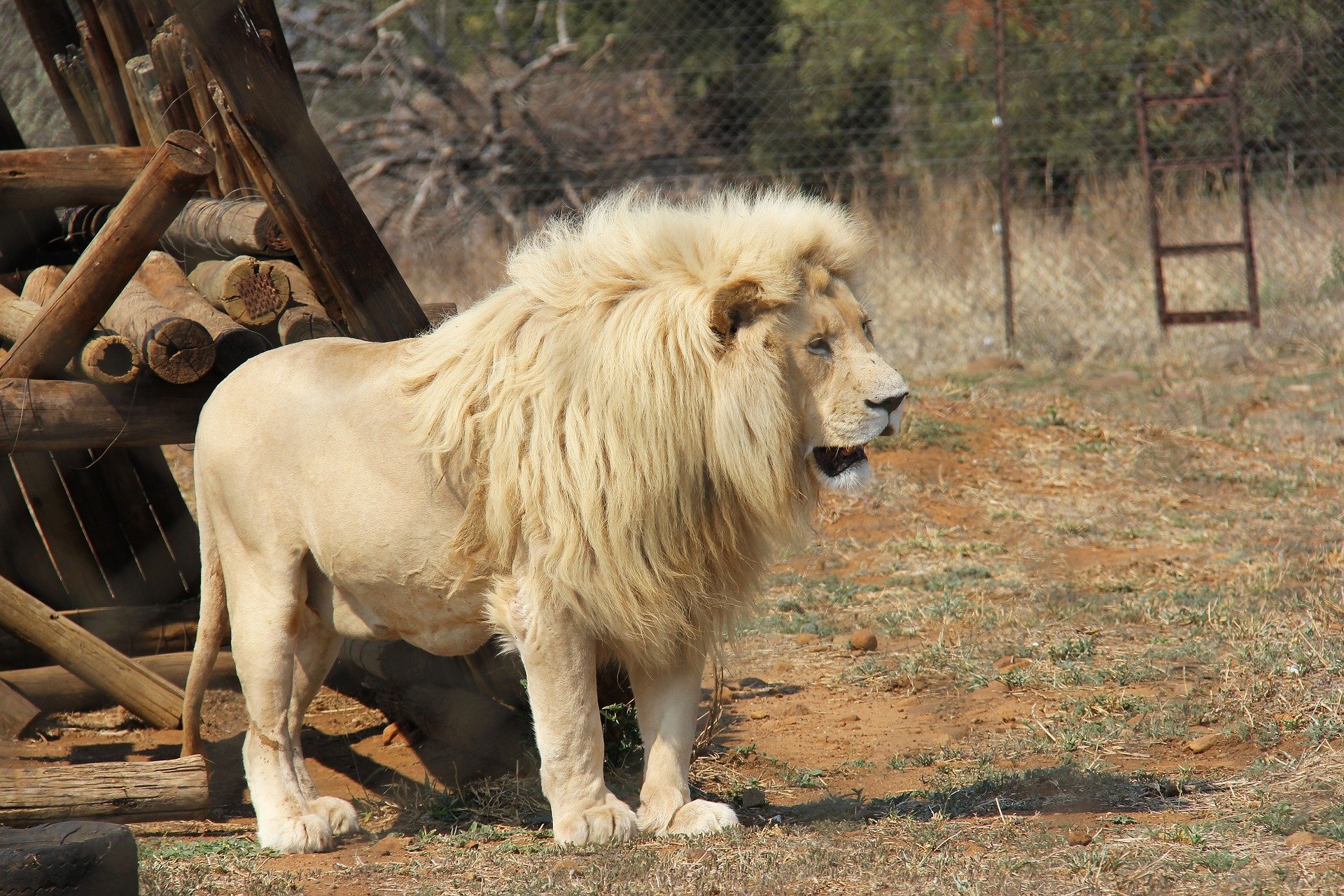
**"... explains that if the cubs weren't separated from their mother – by blowing a horn to scare the adult lion away – the young lions would starve to death, because their mother had no milk. She says the mother is not distressed: "She's looking for the cubs for a few hours but it's not like she's sad. After a day or two I don't think she remembered that she had cubs." Animal welfare experts disagree, however. They say breeders remove the cubs from their mother so that the lioness will quickly become fertile again, as they squeeze as many cubs from their adults as possible – five litters every two years. For an animal that is usually weaned at six months, missing out on the crucial colostrum, or first milk, can cause ill-health." www.theguardian.co.za
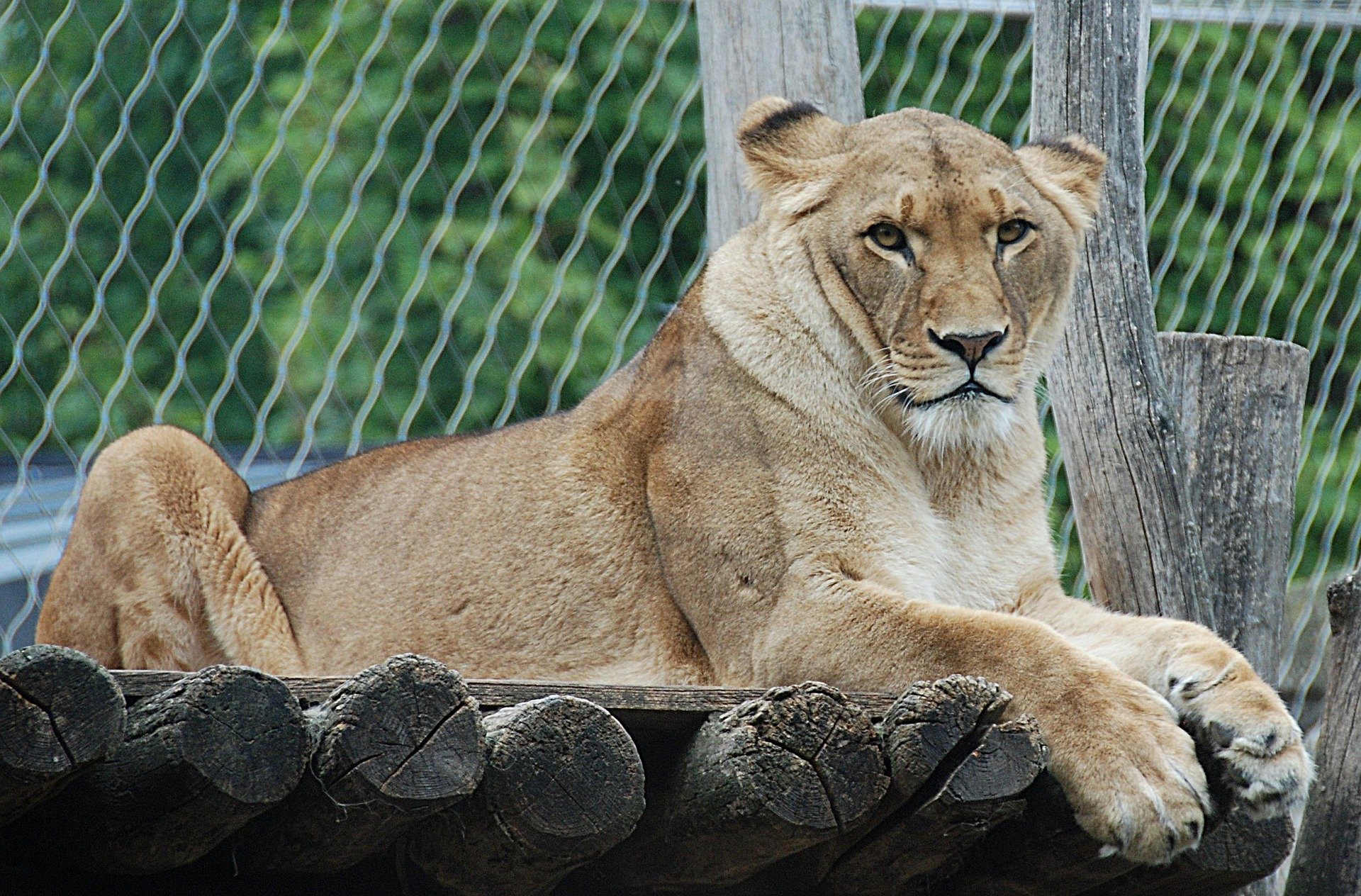
These lion parks have been ***exposed as supplying lions for the purposes of canned hunting. The lions selected for hunting are used to humans, as they have been raised by and exposed to humans since birth. There have been reports that in some cases the lions were drugged, to further disadvantage them. A significant amount of money is also made by exporting lion bones to the East, where they are used as an alternative to tiger bones for tiger wine.
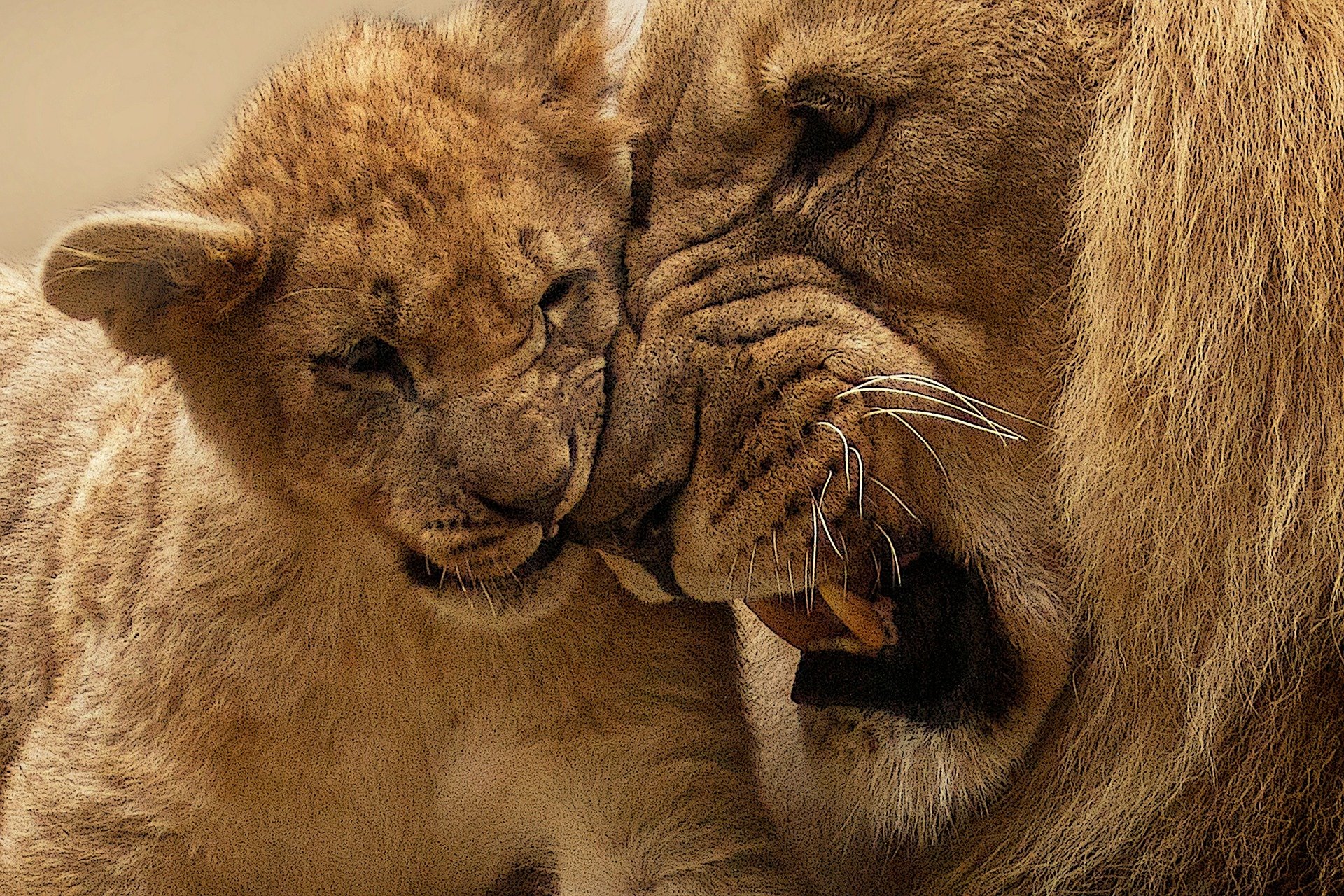
****" [Carte Blanche 28 March 2010] Werner Boing (Deputy Director Free State DEAT): 'It is basically cheaper to put your lion down now and sell the bones than what they are hunting them for.'An investigation led Four Paws to a predator park in the Free State where the supply of lion bones clearly wasn't a problem.[Carte Blanche 28 March 2010] [Hidden camera] Ronelle van der Westerhuizen (Letsatsi Le Africa Predator Park): 'Yes, we do export bones... lion bones, we do that. We are busy with a big sending that needs to go out.'" Volunteers in Africa Beware Facebook Page
*****"The lion bone trade is a relatively new revenue stream for the breeders and farmers and has come about as lion bones are now being used as an alternative to tiger bones in Traditional Chinese Medicine (TCM). TCM used tiger bones immersed in vats of liquid, often rice wine to produce a tonic called ‘tiger bone wine’ that was prescribed for rheumatism, arthritis and other joint and bone ailments. Because trade was impacting on wild tiger populations, the Chinese government banned the trade in tiger parts back in 1993.... Although ‘tiger bone wine’ has been used in TCM for at least 1 000 years or more, there are no known medicinal properties. Chinese practioners believe that it is the calcium and protein found in the bone that acts as the healing properties. Recent research indicates that users are also buying 100g ‘tiger cakes’ (prices in 2014 were approximately $1 000 per cake) and using portions sprinkled into rice wine or whiskey in the belief that it improves sexual prowess."www.bloodlions.org
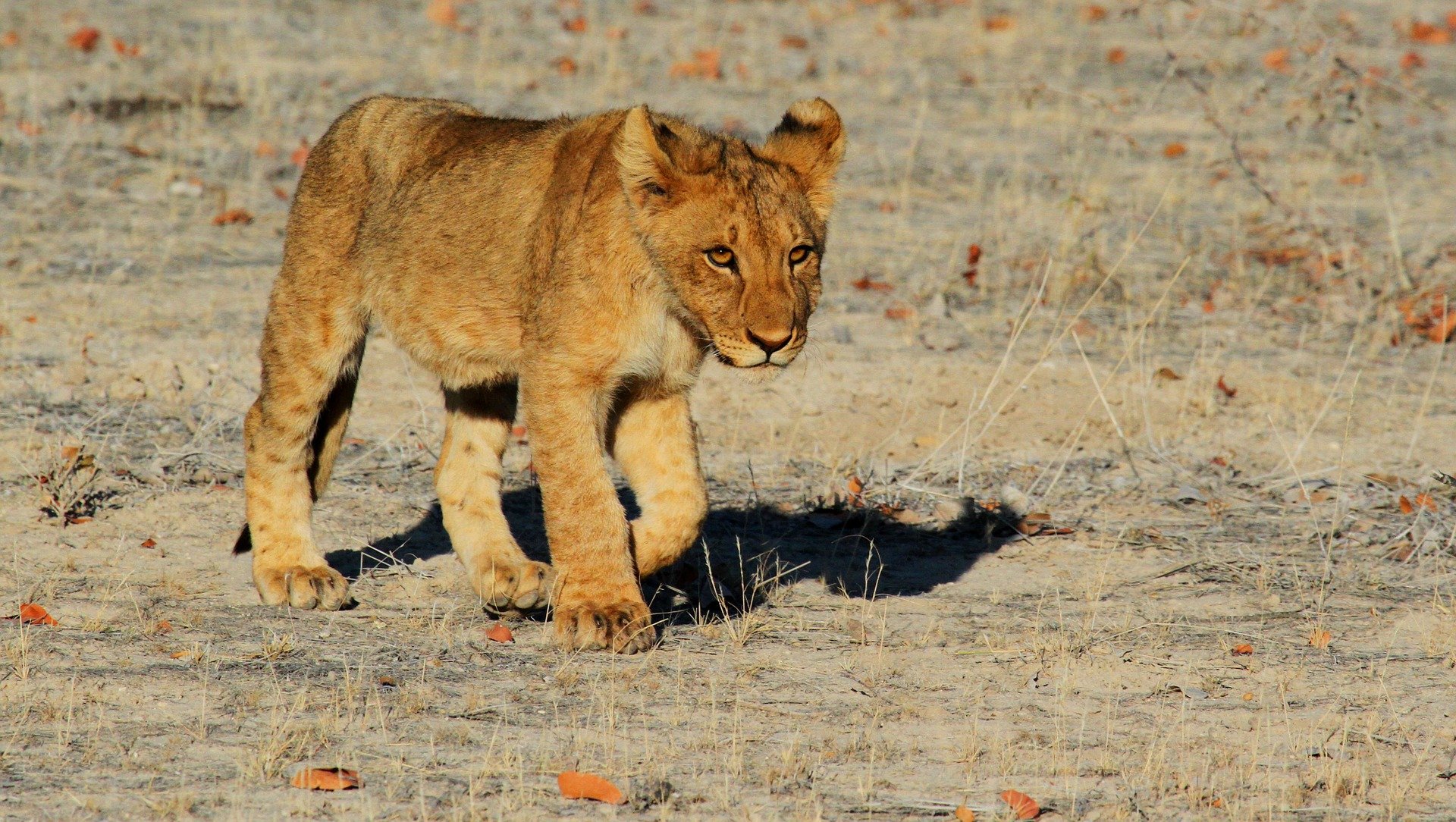
There are approximately between 6000-8000 lions in captivity and only about 2300 wild lions. It has been argued that canned lion hunting protects the wild lion population, but in effect, the opposite is true, because of the high prices lion trophies achieve.
The practice of canned lion hunting is illegal in South Africa, however the hunting of captive-bred lions is allowed. A matter of semantics, I think! I have never visited a lion park, my husband is against taking our children to a place that houses dangerous predators, but the thought of those beautiful cubs, unnaturally separated from their mothers, to be brutally slaughtered sickens me to my core. Personally I am against all forms of hunting for sport, I find it barbaric. Canned hunting takes evil and barbarism to a whole new level.
Thank you for reading. Please follow me @onetree
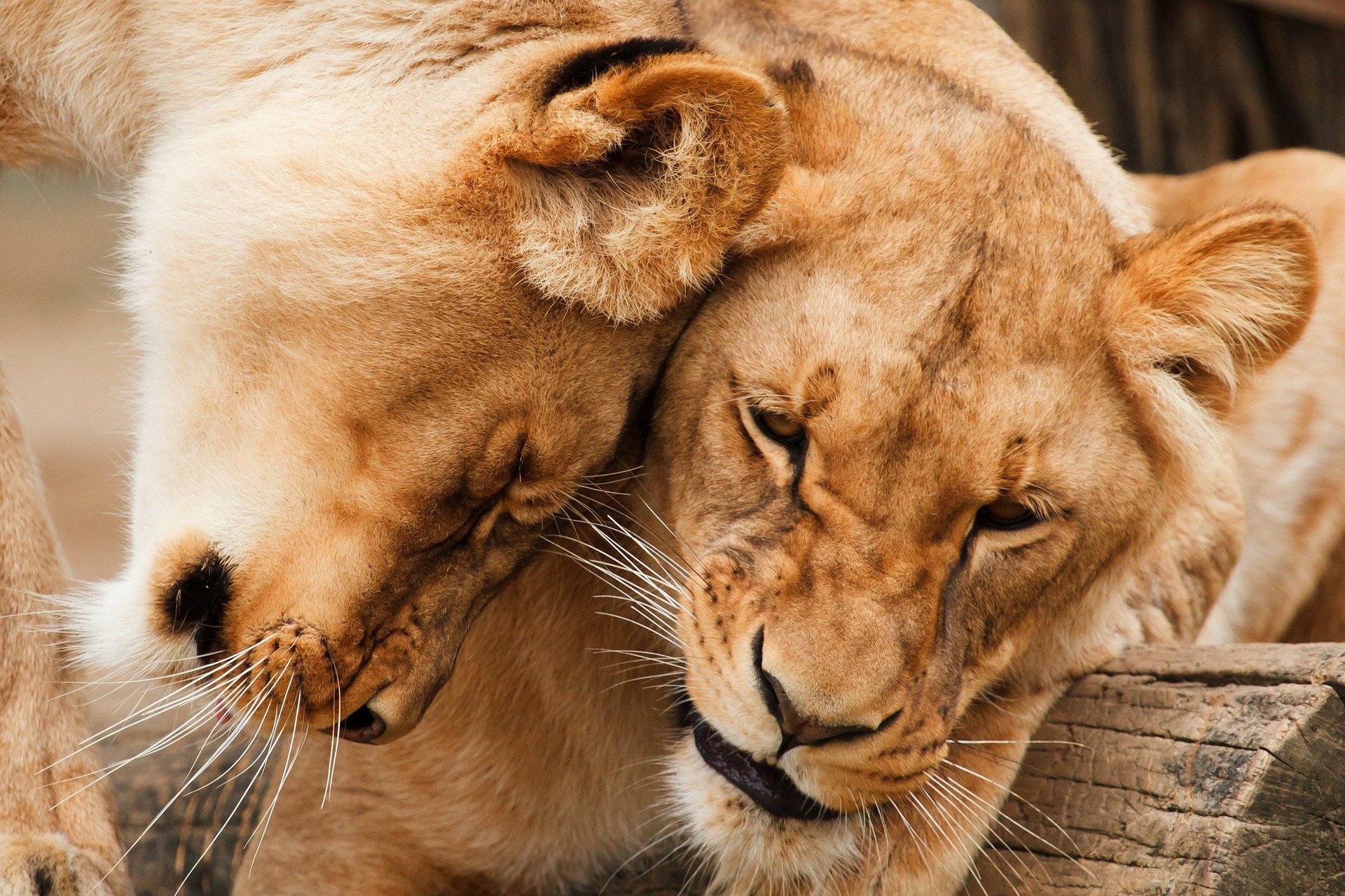
Please watch the video footage in this recent BBC segment: http://www.bbc.com/news/world-africa-37295358
*http://mg.co.za/article/1998-10-23-how-the-lid-was-lifted-on-canned-lions/
**https://www.theguardian.com/environment/2013/jun/03/canned-hunting-lions-bred-slaughter
***http://www.cannedlion.org/blog/carte-blanche-expose-on-canned-lions
***http://www.bbc.com/news/world-africa-37295358
***http://whitelions.org/about/campaigns/canned-hunting/
****https://www.facebook.com/volunteersbeware/?fref=ts&ref=br_tf
*****http://www.bloodlions.org/faqs/
(all images: pixabay)
